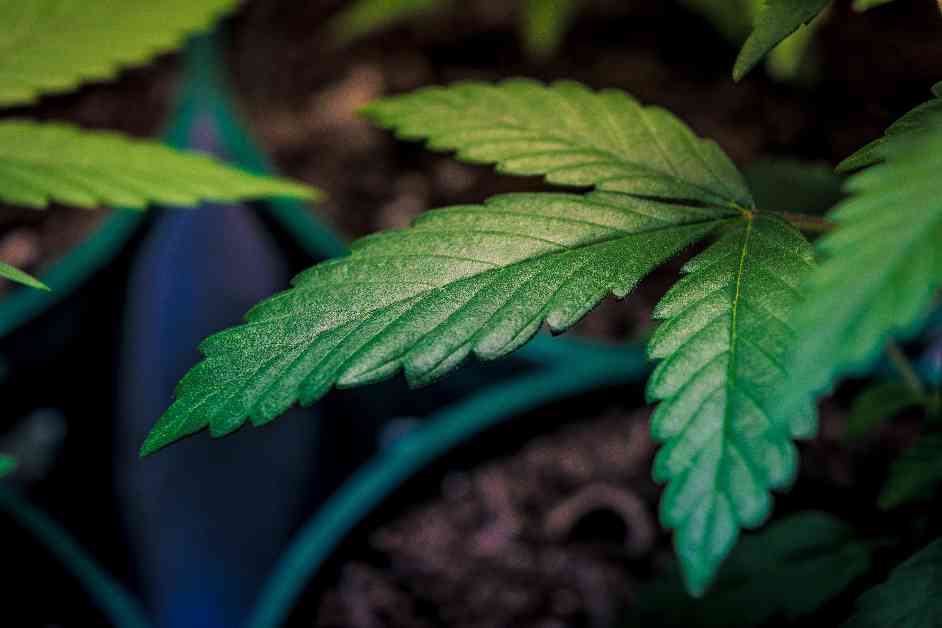Nevada regulators have made a significant change to protect athletes from being penalized for using or possessing marijuana in accordance with state law. The Nevada State Athletic Commission (NSAC) voted to send the regulatory amendment to the governor last year, and after going through a separate rulemaking process, they have now formally adopted the revised language.
Although the amended rules have been approved, there are still a few more steps before the reform is fully enacted. The rules will go back to the Legislative Counsel Bureau (LCB) for another review to ensure legal compliance. Subsequently, the proposal will be presented to the Legislative Commission for a final decision on enactment.
The NSAC has informally adopted the policy since 2021, waiving penalties for professional fighters who test positive for THC. The newly approved regulations still align with the World Anti-Doping Agency (WADA) list of banned substances, which includes marijuana. However, there is now an exception for cannabis for fighters in Nevada.
Several professional sports organizations have been reevaluating their cannabis policies in light of state-level legalization movements. For example, the NCAA has removed marijuana from its banned substances list for Division I players. The UFC also recently removed marijuana from its list of banned substances for athletes.
Despite these changes, some state athletic commissions still penalize athletes for testing positive for THC above a certain limit. The NFL, for instance, has stopped suspending players over marijuana but continues to fine them for positive THC tests. This policy has faced legal challenges, with one player contesting fines for using a prescribed synthetic THC medication.
Public opinion on marijuana use in athletics is shifting, with a majority of Americans supporting the idea that Olympic athletes should not face penalties for marijuana use. This debate extends to international organizations like WADA, which uphold the cannabis ban despite calls for reform from USADA and other advocates.
In response to pressure from USADA and the White House, WADA conducted a review of its marijuana policy following the suspension of U.S. runner Sha’Carri Richardson. Richardson’s case sparked a discussion on the need for updated policies and a more nuanced approach to cannabis use in sports.
Overall, the changing landscape of marijuana regulations in athletics reflects evolving attitudes towards cannabis use and highlights the ongoing debate between performance enhancement, medical necessity, and fair competition in sports. The reforms in Nevada are just one example of how policymakers and sports organizations are adapting to the shifting legal and social dynamics surrounding marijuana.
